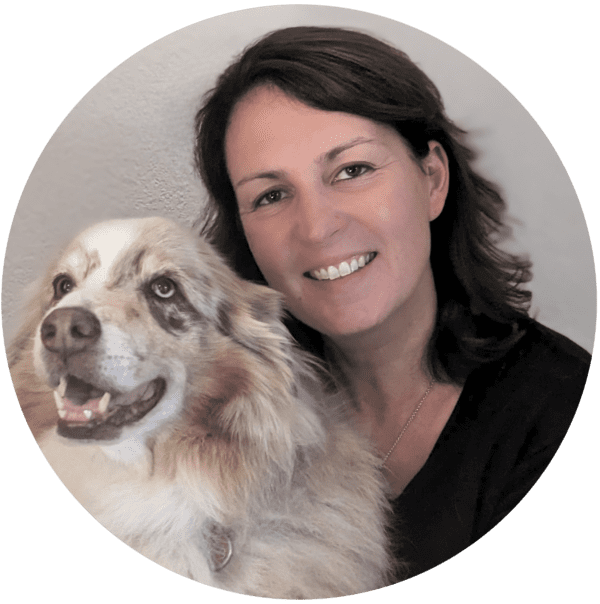Dog training for puppies
Puppy training in Switzerland & Vaud
Puppy dog training is a time when a puppy learns basic commands and acceptable behaviours while socializing with fellow dogs. It’s usually done with positive reinforcement, such as giving a treat or praise when the puppy does what it’s told.
This includes essential things like being housebroken, sitting, coming when called, and not nipping. It can also include more advanced skills like staying still when his leash is put on, not jumping up on people, and learning to be friendly and calm with other animals and people.
Puppy training is not only important for the owner’s peace of mind, it’s also essential for the dog’s well-being and safety. A well-trained puppy is generally happier, more relaxed and less likely to have behavioural problems in the future.

Why puppy dog training?
As a certified dog training professional, I would say that training sessions are essential for several reasons.
First and foremost, they help establish a good relationship between owner and dog. The dog will better understand what is expected of him, and the owner will learn to communicate better with his pet. This contributes to mutual respect and strengthens their bond.
Secondly, dog training helps prevent behavioral problems. A well-educated dog is generally calmer, less stressed and therefore healthier. Training sessions teach the dog appropriate behaviors, reducing the risk of bites or other undesirable behaviors.
What’s more, dog training sessions help dogs develop their intelligence and socialization skills. He learns to interact with other dogs and people, which is crucial to his development.
Finally, dog training is also a means of ensuring the safety of the animal and the people around it. An educated dog is one that will respond to its master’s commands in the event of danger.
In short, dog training sessions are essential to your dog’s well-being, safety and harmonious relationship with its owner.
A well-trained dog is generally calmer, less stressed and therefore healthier.
The role of the professional dog trainer
Christelle holds the Canine Instructor Diploma – UCS-SKB from the Canton of Vaud, and is qualified for the following tasks:
- Dog training : Using positive, respectful techniques to provide basic training such as obedience, socialization and behavior control.
- Behavior modification : helps resolve behavioral problems such as aggression, separation anxiety, fear, destructive behavior and possessiveness.
- Advice : provides valuable advice and information to dog owners on various aspects of dog care, including diet, exercise, health care and grooming.
- Group classes: The dog trainer can run group classes for puppies, pre-adolescent dogs and adult dogs.
- Networking with other animal health professionals : May work closely with veterinarians and other animal health professionals to provide the best possible care for the animal.
- Dog assessment : He is able to observe and assess the behavior of dogs to determine their specific needs.
Christelle
Certified Canine Instructor
UCS-SKB






